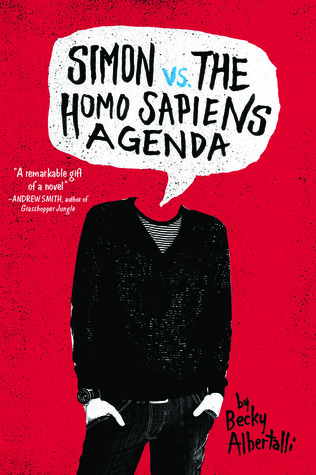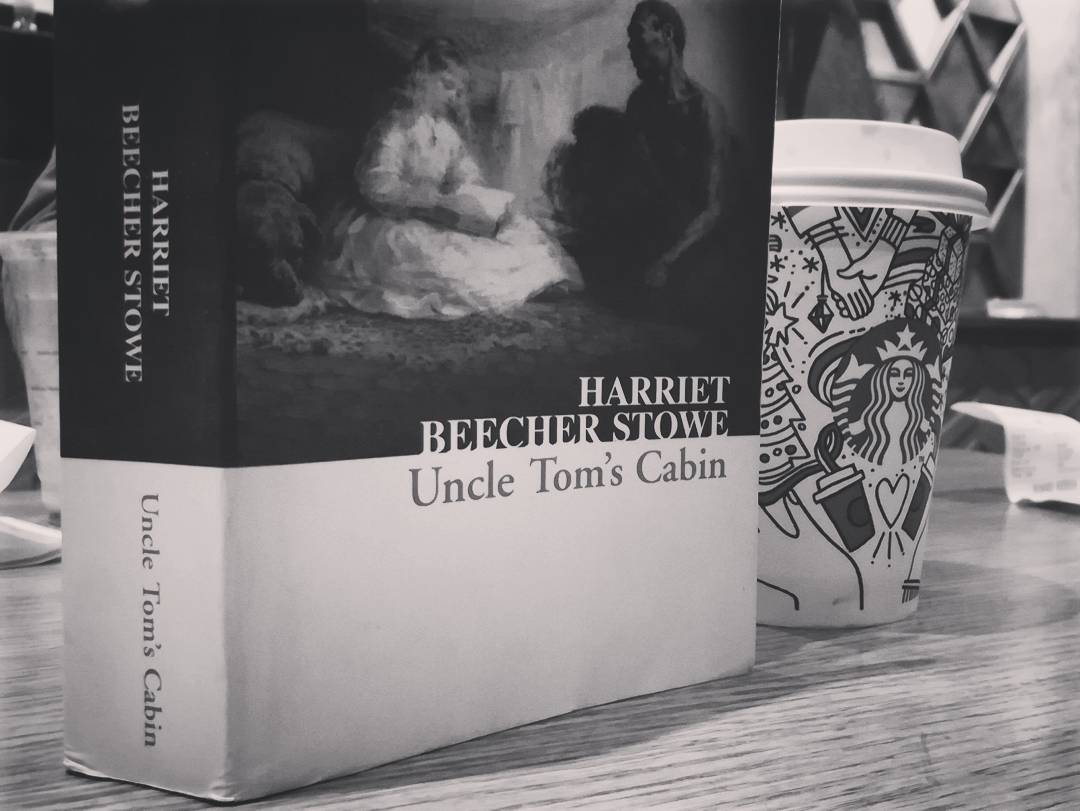The Line:
Robert Langdon, Harvard professor of symbology and religious iconology, arrives at the ultramodern Guggenheim Museum in Bilbao to attend a major announcement—the unveiling of a discovery that “will change the face of science forever.” The evening’s host is Edmond Kirsch, a forty-year-old billionaire and futurist whose dazzling high-tech inventions and audacious predictions have made him a renowned global figure. (from Goodreads)
But this is a Dan Brown novel and you know how it’s gonna play out.

What I thought:
How effortlessly is Dan Brown able to take the same characters and narration, put them in a different location, slap a new controversy/premise, furnish some Wikipedia-esque details about famous people and their art, and voila – call it a new installment! If that sounded like praise, it definitely isn’t.
Because I, for one, really wish Robert Langdon retires and settles down (let’s get him hitched with Elizabeth Sinskey), just so we wouldn’t have to read another book where he has to play the I-know-stuff-and-I-see-what-you-don’t symbologist with a *cough* good heart *cough*. I mean, can we just collectively accept that we’re five books down already, and yet if asked to write a character analysis, most people wouldn’t go beyond Mickey Mouse and Claustrophobia.
But let’s give credit where it’s due, Brown actually choses a pretty compelling topic for Origin i.e the origin of life itself; which piqued my interest as a skeptic. While I did not walk away with much to muse on, I’m hoping this book will at least help a few to question their own religious orientation. There are always people who would ask what is the point of life if there is no god? Why am I here? Where am I going? But is a supreme being really essential to explain life? To explain us? And what if someone were to tell you that life needed no designer after all? Would that be enough to crumble the foundations upon which most of the world’s religions lay? Or would it be business as usual? That people are ultimately gonna believe whatever gives them a sense of comfort?
All those questions the book does pose and if that seems like a worthy exercise, by all means go ahead and read the book! I’m sure you’ll come out a little wiser.
Where it falters is pretty much everything else, the formula is still intact. There is a murder, there’s people on the run, there’s a secret organization, and Robert Langdon is unwittingly dragged into the mess plus he has codes to solve while marveling at art and architecture! If you see, those were the exact same things that made Angels & Demons such a fantastic read and left a lasting impression on me as a teenager when I read it. But now, you just keep flipping the pages wearily, rolling your eyes at regular intervals.
The brighter points, then? The philosophical discussion, for sure. But also, the art! Here we’ve moved past the Renaissance period onto the modern art era. Though I will have to agree with Langdon and say that I’m much more at home with Michelangelo and Da Vinci and Botticelli. Origin is set in Spain, and we start off at the Guggenheim museum in Bilbao with its esoteric displays of modern art. Then we meet Antonio Gaudí(an architect famous for his spectacular modernist art) in Barcelona where things get much more intriguing. Sagrada Família, in particular, stands out for its sheer ambition and is soon to be the largest church in Europe. Brown does know how to set these great action pieces in epic locations, that’s his USP after all.
I’m not gonna touch upon the finer points of the plot, because that was a source of my constant chagrin. It’s 2017 when this book came out and most the plot devices and twists that the author employs have been done to death with. Even that final twist, which I saw coming from miles ahead, and was somehow hoping is just a red-herring. But no, Brown succumbs to the clichés because he apparently cannot do any better. There’s a sect of Brown-heads who will argue that one mustn’t judge his books for the prose or the plot, rather we should point our attention at the topic that is discussed. I get that, I do, and I enjoyed Inferno for the ethical dilemma it posed around a real issue. Origin lacked direction, and by the end I wasn’t sure if the book really achieved what it set out to do.
Where do we come from? Where are we going? These are the existential questions that frequently pop up in the book. I think it’s time Dan Brown asked those questions about himself.
Keywords:
Robert-Langdon, Spain, Artificial-Intelligence, Primordial-soup, Darwin, creationism, modern art, Barcelona, Winston Churchill, family-drama, science-vs-religion







